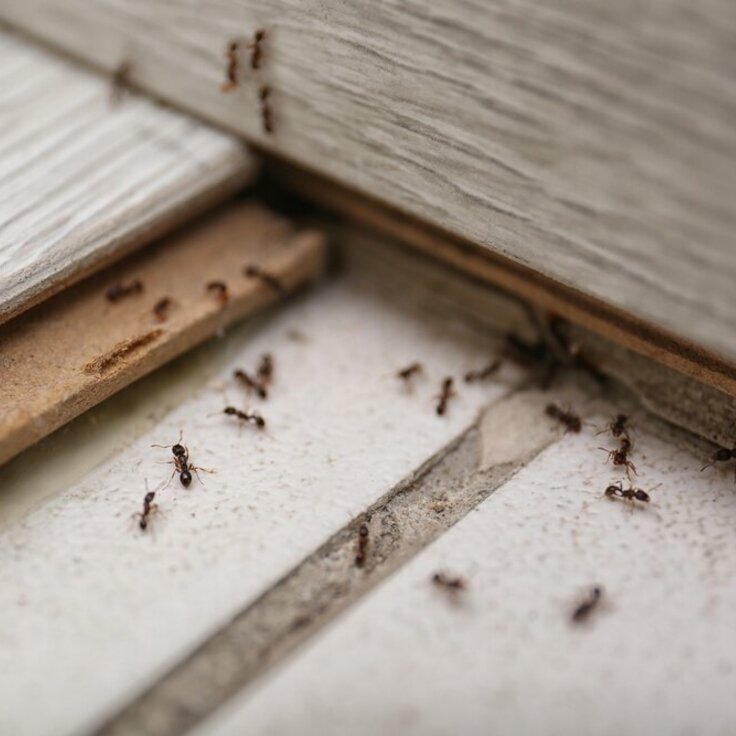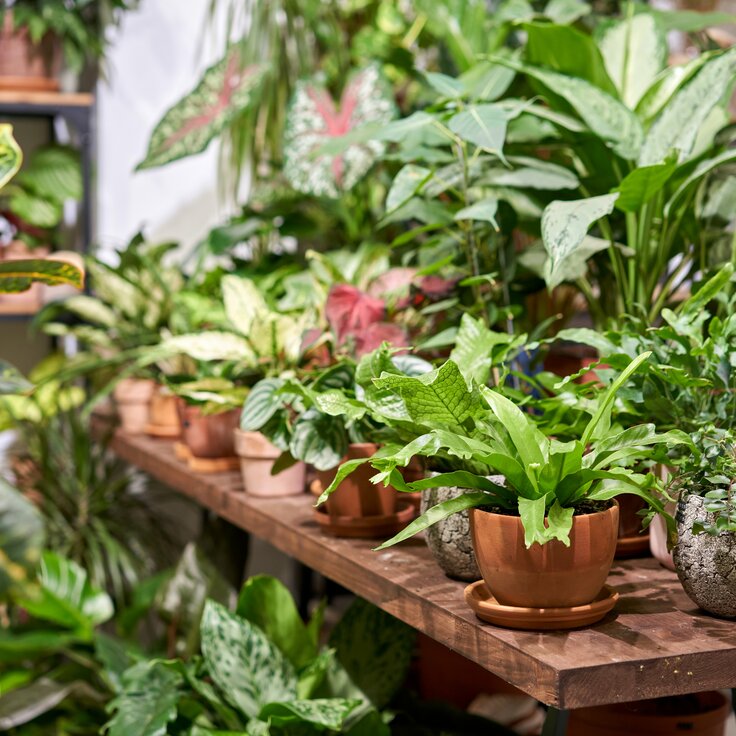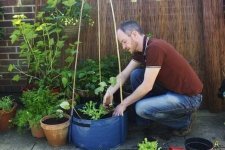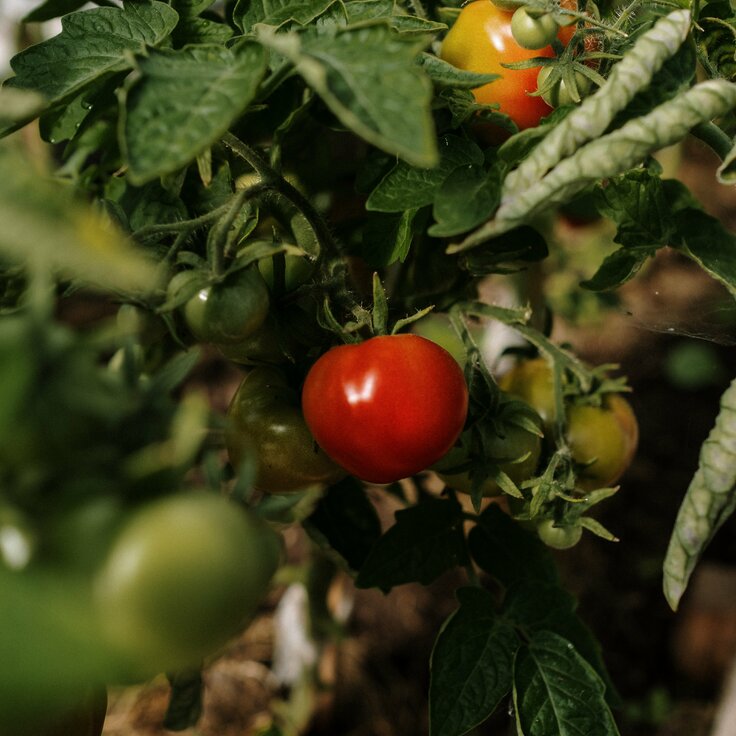Backs Plan for Gardening in Schools
And pledges to support teachers in preparation for this transition
Gardening will now be taught in schools from September 2014, a move welcomed by the Royal Horticultural Society (RHS), but the next challenge will be ensuring that all teachers are prepared for this important addition to the curriculum.
The consultation on reform of the National Curriculum, released last week, states that pupils from Key Stages 1–3 will be taught ‘to cultivate plants for practical purposes’ as a key activity in design and technology lessons.*
Sarah Cathcart, RHS Head of Education and Learning, says: “We’ve been campaigning for this for nearly ten years so we are thrilled that the Government has recognised that there is a need for children to be taught gardening at school. Our research shows the huge range of benefits to pupils, so this is an enormously significant step and one that we are delighted by.
“We now need to help teachers and school staff get the support they need to teach horticulture to children. More than 16,300 schools are signed up to our Campaign for School Gardening, which gives teachers access to really useful resources such as lesson plans and tips for planning and setting up a school garden. We also have a team of RHS Regional Advisors who work directly with schools.
“Last year, we ramped up our focus on teacher-training and, through our national professional development programme and free after-school sessions delivered by RHS Regional Advisors, we equipped more than 2,100 teachers with the skills needed to teach the basics of gardening to pupils. Now that gardening will be part of the curriculum, we’d like to urge teachers to come to one of these workshops and visit our website, which will be re-launched later this year with even more information to help teachers share gardening knowledge with the next generation.”
Findings of a report released last year were integral in the decision to add gardening to the curriculum. A 25-member panel of experts, including the RHS, brought together evidence to show the benefits of giving children the chance to grow their own food. The Food Growing in Schools Taskforce report**, which referenced research carried out by the RHS in 2010***, highlighted the following benefits for school pupils through gardening at school:
- Improves academic achievement e.g. gardening enhances scientific understanding, numeracy, literacy and language skills;
- Builds life and employability skills e.g. food-growing improves financial literacy, builds enterprise and communication skills and helps motivation and behaviour;
- Improves health and wellbeing e.g. growing fruit and vegetables leads to a better understanding of food and nutrition and an increased consumption of fresh produce.
To further raise the profile of gardening in schools and to celebrate gardening skills in young people, the RHS is now looking for the UK’s most passionate, talented and knowledgeable gardening pupils. To find out more about the RHS Young School Gardener of the Year 2013, visit: www.rhs.org.uk/schoolgardening








